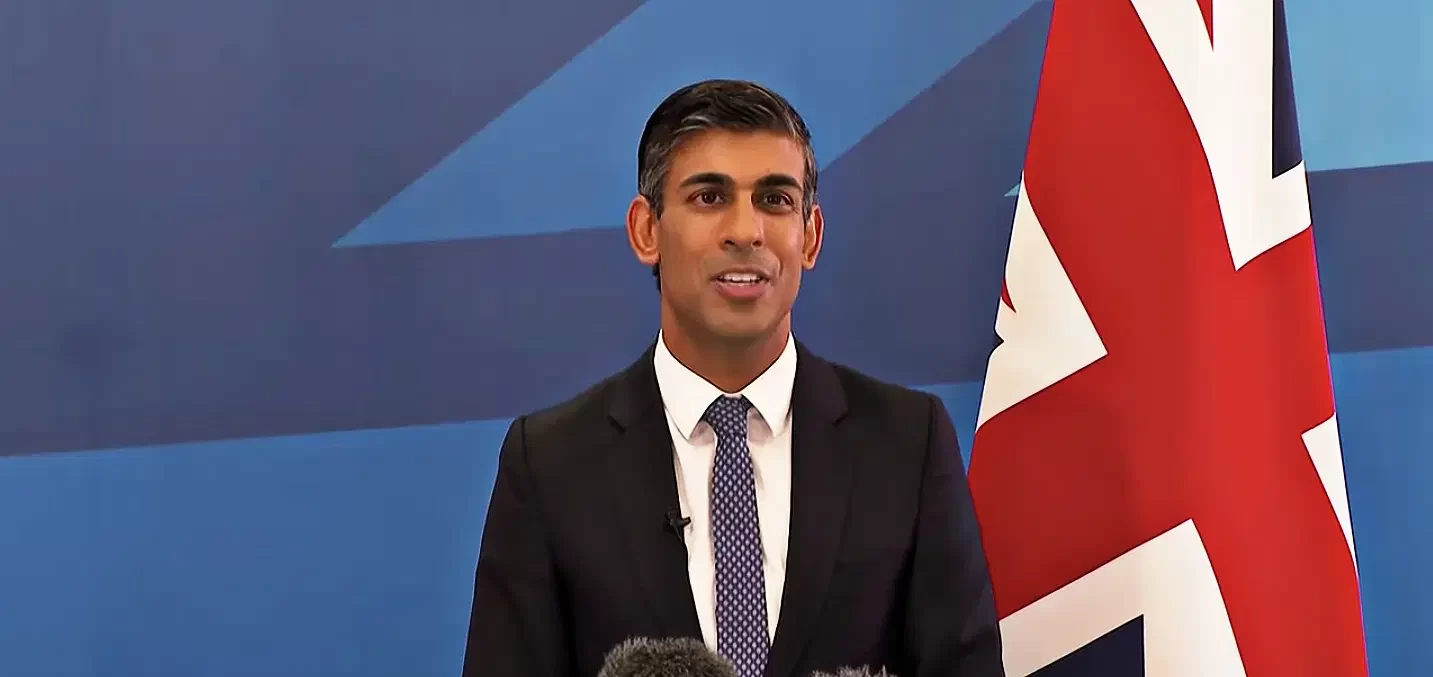After announcing hundreds of new oil and gas licenses in the North Sea, the UK’s prime minister, Rishi Sunak, has been labeled a “dangerous radical” pursuing “moral and economic madness,” according to the United Nations Secretary-General, António Guterres.
“The truly dangerous radicals are the countries that are increasing the production of fossil fuels,” Guterres said in a statement.
Sunak, naturally, sees it differently. “It’s vital we bolster our energy security and capitalize on that independence to deliver more affordable, clean energy to British homes and businesses,” he said.
“Even when we’ve reached net-zero in 2050, a quarter of our energy needs will come from oil and gas,” Sunak said in a statement announcing the plans. “But there are those who would rather that it come from hostile states than from the supplies we have here at home.”
The move to approve new oil and gas licenses will deepen policy splits between the government and the opposition Labour party, which has ruled out granting licenses to new oil and gas fields. Labour has, however, stressed that existing licenses would not be revoked.
Climate activists are opposing Sunak’s plan Analysts and climate activists have already sounded the alarm on the government’s plan.
“Prioritizing oil and gas over cheaper renewables and pushing back regulations on insulation in rental homes, both of which would bring down bills, is against advice from the International Energy Agency, United Nations, and Climate Change Committee,” said Jess Ralston, head of Energy at the Energy and Climate Intelligence Unit.
Philip Evans, a spokesperson for the campaign group Greenpeace U.K., called it a “cynical political ploy to sow division,” with the climate left as “collateral damage.”
And Chris Skidmore, a Conservative MP who led a review of net-zero policies for the U.K. government, warned the North Sea move was a “wrong decision at precisely the wrong time, when the rest of the world is experiencing record heat waves.”
![]()




